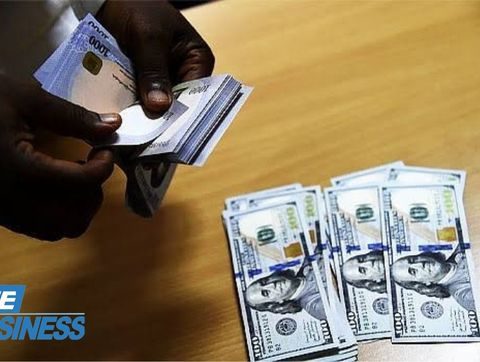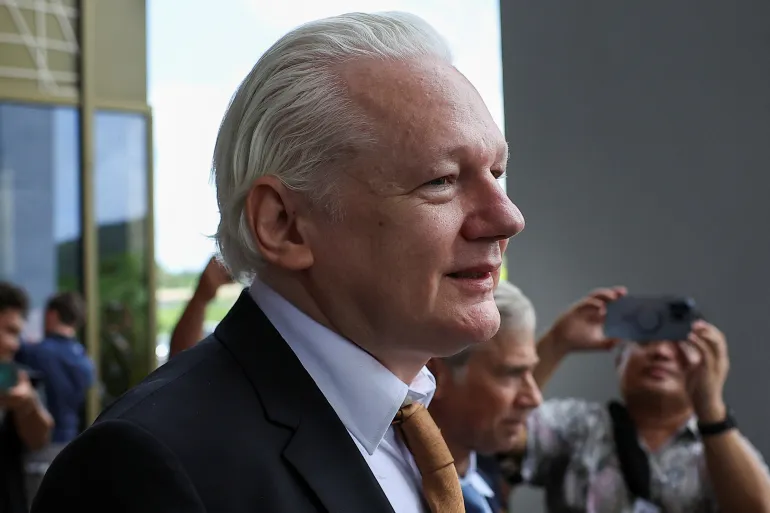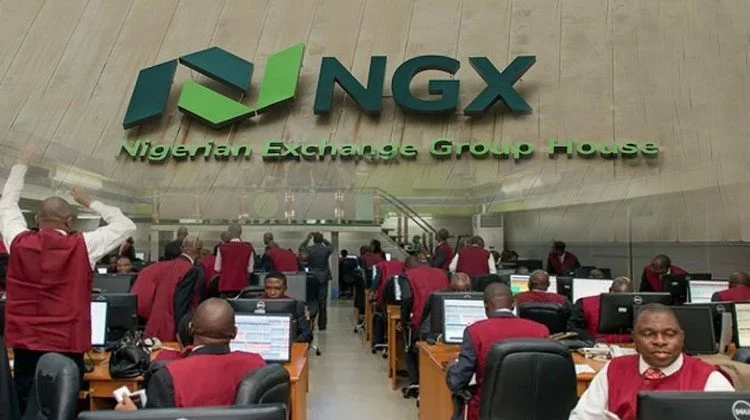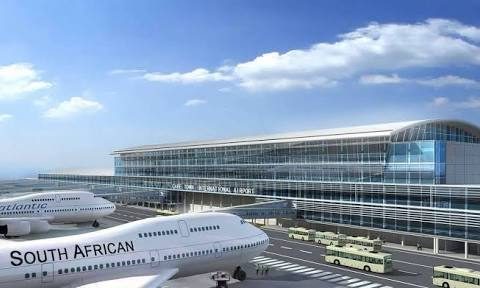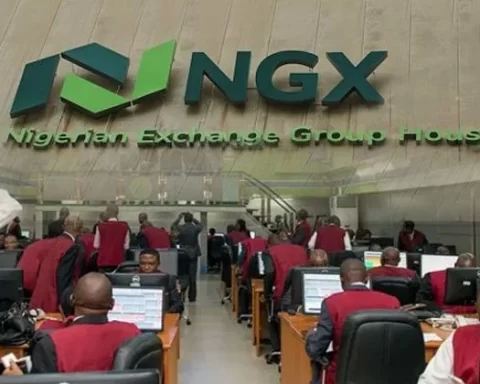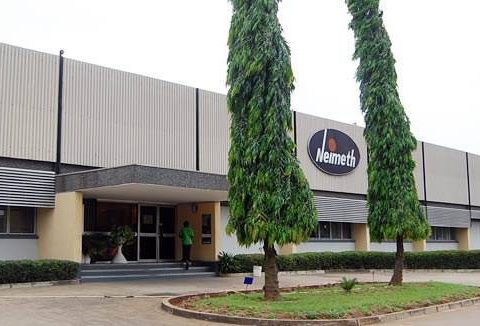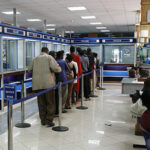What is the Dollar to Naira Exchange rate at the black market also known as the parallel market (Aboki fx)?
The exchange rate for the US dollar (USD) to Nigerian Naira (NGN) in the black market, also known as the parallel market or Aboki fx, is ₦1,510 for 1 USD As of June 27, 2024.
This rate is sourced from the latest data provided by Bureau De Change (BDC) operators.
Join our WhatsApp ChannelHow Much is a Dollar to Naira Today in the Black Market?
What is the Dollar to Naira Exchange Rate at the Black Market Also Known as the Parallel Market (Aboki fx)?
The exchange rate between the US Dollar (USD) and the Nigerian Naira (NGN) in the black market continues to be a topic of interest for many Nigerians. On June 27th, 2024, the rates have shown slight fluctuations.
The black market, often referred to as the parallel market, is where the exchange rate for the dollar against the naira can vary from the official rate. The rates in the black market are influenced by demand and supply dynamics, rather than the regulations set by the Central Bank of Nigeria.
According to Mr. Emeka, a trader at the popular Wuse market in Abuja, “The rates have been fluctuating due to the high demand for dollars. People need dollars for various reasons, including travel, education, and business.”
Mrs. Fatima, another trader in Lagos, said, “The demand is high, and there are not enough dollars to go around, so the rates keep increasing.”
READ ALSO: Black Market Dollar (USD) To Naira (NGN) Exchange Rate Today 26th June 2024
Dollar to Naira Black Market Rate Today
- Buying rate: ₦1,500.00 /$1
- Selling rate: ₦1,510.00/$1
Dollar to Naira CBN Rate Today
- Buying rate: ₦1,489/$1
- Selling rate: ₦1,480/$1
Variations in Forex Rates
Forex rates can vary widely due to several factors:
- Demand and Supply: Higher demand for dollars can increase the exchange rate.
- Inflation: Higher inflation in Nigeria can weaken the naira.
- Government Policies: Restrictions on forex can lead to increased black market activities.
- Global Economic Conditions: Changes in the global economy, such as oil prices, can affect Nigeria’s forex rates.
Mr. Tunde, a financial analyst, explains, “The variation between the CBN rate and the black market rate is due to the restrictions on dollar availability imposed by the government. People turn to the black market when they can’t get dollars at the official rate.”
50 Dollars to Naira Today Black Market
For those looking to exchange 50 dollars, you will need to multiply the current rate by 50. At today’s rate, 50 dollars will cost you N75,500 at the buying rate and N75,750 at the selling rate.
100 Dollars to Naira Today Black Market
Similarly, for 100 dollars, the calculation will be straightforward. You will pay N151,000 at the buying rate and N151,500 at the selling rate.
500 Dollars to Naira Today Black Market
If you are dealing with a larger amount, say 500 dollars, the cost will be N755,000 at the buying rate and N757,500 at the selling rate.
1000 Dollars to Naira Today Black Market
For those who need to exchange 1000 dollars, you will need N1,510,000 at the buying rate and N1,515,000 at the selling rate.
Other Considerations
When dealing in the black market, it’s essential to be cautious. The rates can change rapidly, and there is always the risk of counterfeit currency. It’s advisable to transact with trusted dealers.
Mr. Chinedu, a frequent user of the black market, advised, “Always count your money and verify the authenticity of the dollars you are receiving. It’s easy to get scammed if you’re not careful.”
The black market exchange rate for dollars to naira is a critical factor for many Nigerians. As of June 27th, 2024, the buying rate is N1,500, and the selling rate is N1,510.
These rates are significantly higher than the official CBN rate, reflecting the high demand and limited supply of dollars.
Whether you are exchanging a small or large amount, it’s essential to stay informed about the current rates and transact with caution.



